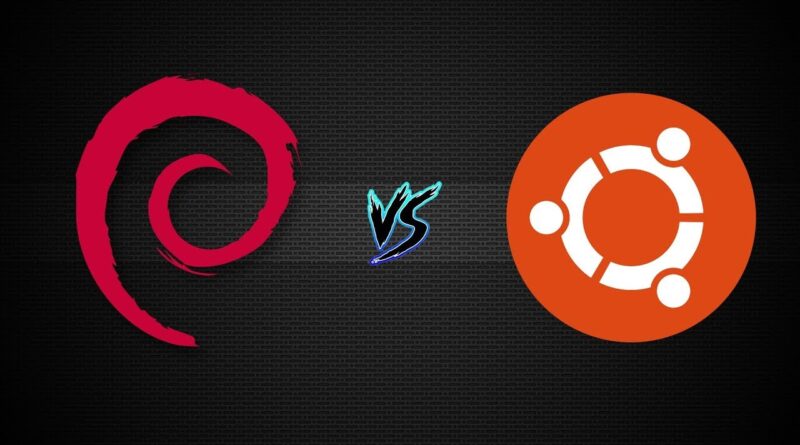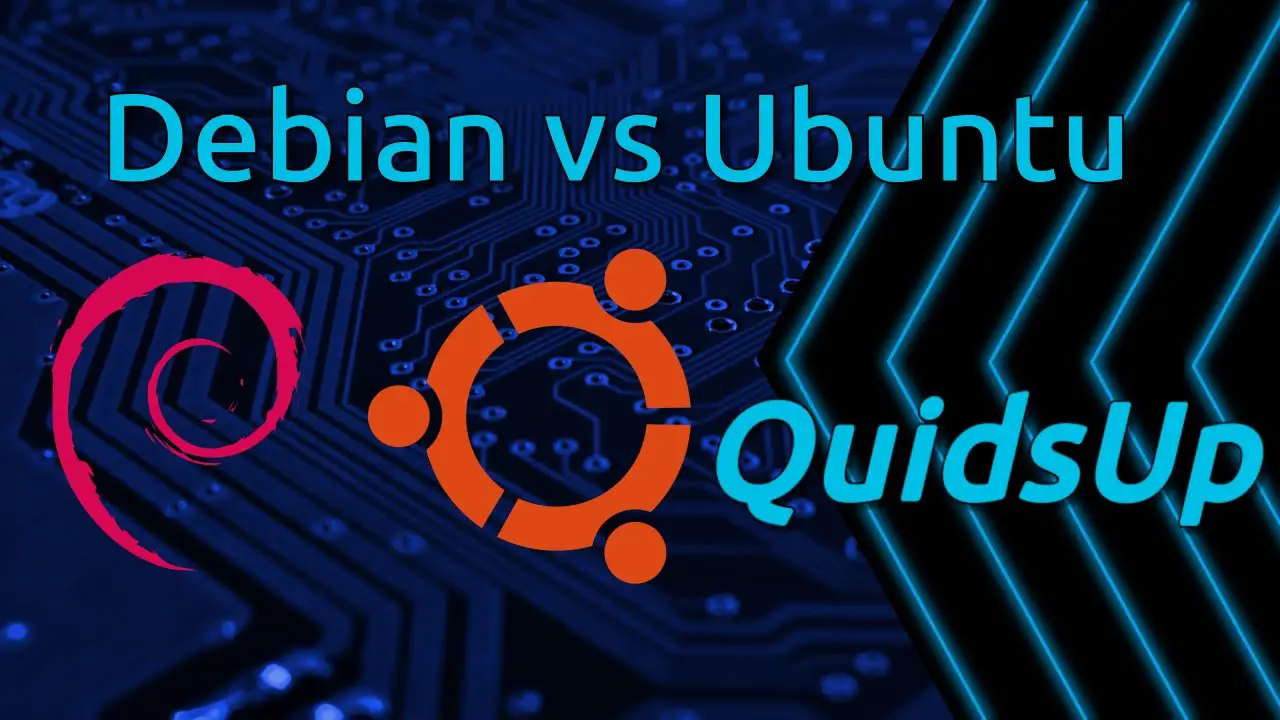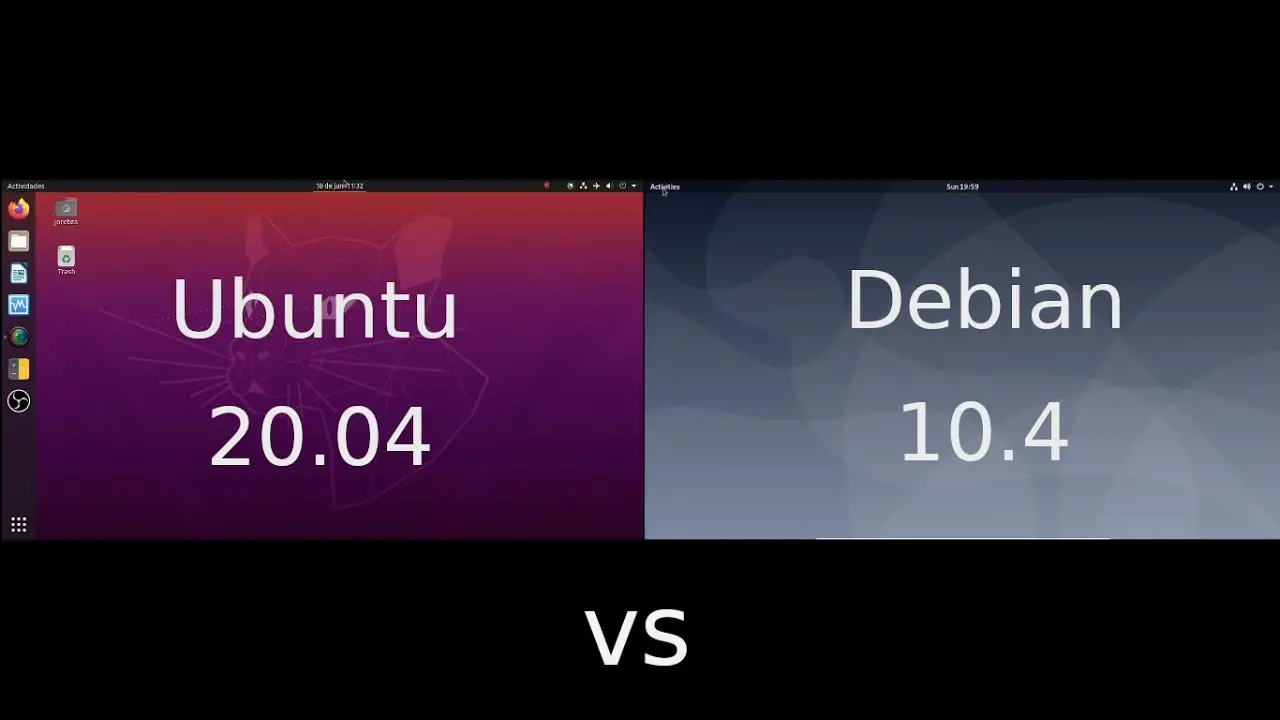Ubuntu Vs. Debian: The Ultimate Linux Showdown

Executive Summary

Ubuntu and Debian are two of the most popular Linux distributions, each with its own strengths and weaknesses. Ubuntu is known for its user-friendly interface, while Debian is known for its stability and security. In this article, we will compare the two distributions in detail, covering their history, features, and use cases. We will also provide a verdict on which distribution is better suited for different users.

Introduction
Linux is a free and open-source operating system that has been gaining popularity in recent years. It is known for its stability, security, and customization options. Many different Linux distributions are available, each with its own unique features and target audience. Two of the most popular distributions are Ubuntu and Debian.
1. History
Ubuntu was released in 2024, based on the Debian distribution. It quickly gained popularity due to its user-friendly interface and ease of use. Ubuntu is now one of the most popular Linux distributions, with millions of users worldwide.
Debian was released in 1993, making it one of the oldest Linux distributions still in use today. It is known for its stability and adherence to free software principles. Debian is also the basis for many other Linux distributions, including Ubuntu.
2. Features
Ubuntu
- User-friendly interface: Ubuntu has a user-friendly interface that makes it easy for beginners to use.
- Wide software selection: Ubuntu has a large repository of software available for installation, including many popular applications.
- Regular updates: Ubuntu receives regular updates, which keep it secure and up-to-date.
Debian
- Stability: Debian is known for its stability and reliability. It is a good choice for servers and other mission-critical applications.
- Security: Debian has a strong focus on security. It is regularly audited and updated to fix security vulnerabilities.
- Package management: Debian has a powerful package management system that makes it easy to install and update software.
3. Use Cases
Ubuntu
- Desktop use: Ubuntu is a good choice for desktop use, especially for beginners. It is easy to use and has a wide selection of software available.
- Server use: Ubuntu can also be used for server use, although it is not as common as Debian.
Debian
- Server use: Debian is a popular choice for server use, due to its stability and security.
- Desktop use: Debian can also be used for desktop use, although it is not as user-friendly as Ubuntu.
4. Verdict
Ubuntu and Debian are both excellent Linux distributions with their own strengths and weaknesses. Ubuntu is a good choice for beginners and users who want a user-friendly interface and a wide selection of software. Debian is a good choice for users who need a stable and secure distribution for server or desktop use.
Ultimately, the best distribution for you will depend on your individual needs and preferences. If you are new to Linux, Ubuntu is a good place to start. If you are an experienced Linux user who needs a stable and secure distribution, Debian is a good choice.
Keyword Phrase Tags:
- Ubuntu vs. Debian
- Linux Distributions
- Open Source Operating System
- Desktop Linux
- Server Linux

Ubuntu and Debian are both great distros, but I personally prefer Ubuntu. It’s more user-friendly and has a larger community.
This article is biased towards Ubuntu. Debian has better security and stability.
For those who are new to Linux, Ubuntu is a good starting point. It is based on Debian, but it is more beginner-friendly.
The author’s comparison is flawed. Ubuntu is based on Debian, so they are not true competitors.
The headline says ‘The Ultimate Linux Showdown,’ but the article is really just a rehash of the same old arguments.
Oh, great. Another article about Ubuntu vs. Debian. How original.
I like to imagine Ubuntu and Debian as two old friends who are always arguing over who’s the best.